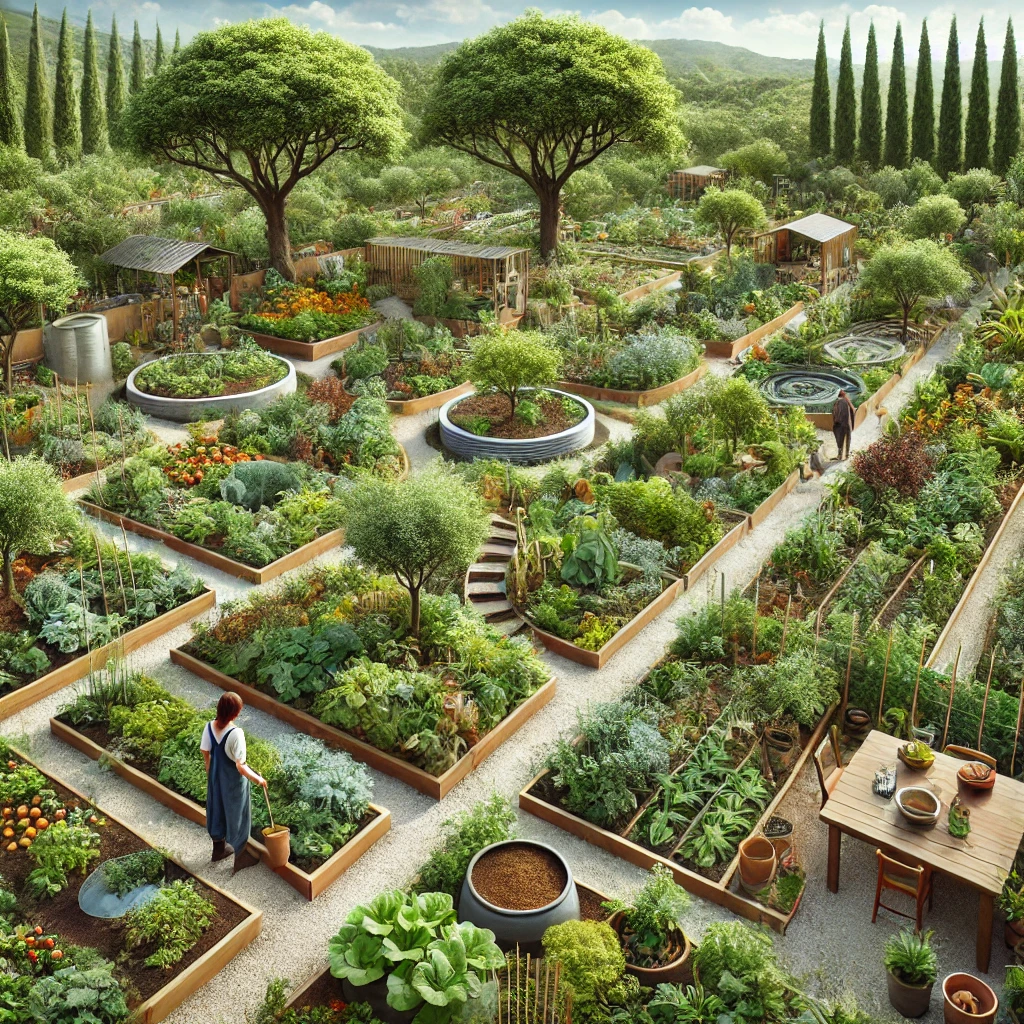What Is Sustainable Planting?
Article Source: Permaculture Gardening Guide

Why you should care
Permaculture gardening is like having a super-smart garden! It’s a way of growing plants that works with nature instead of against it. This method can help us grow more food, save water, and even make our gardens look beautiful. It’s not just about farming; it’s about making the world a greener and healthier place.
Answering the question… What Is Sustainable Planting?
Permaculture gardening is a technique that creates a garden ecosystem that mimics natural systems. This method focuses on using natural processes to grow food, conserve resources, and reduce waste. For example, it uses composting to recycle nutrients and rainwater harvesting to save water. It’s about creating a self-sustaining garden that needs less help from us.
How was the study done?
The research reviewed how permaculture gardening is implemented in various schools and community gardens. It analyzed case studies and observed how these gardens performed over time. The study included data on crop yields, resource savings, and the overall health of the garden ecosystems.
What was discovered?
- Water Savings: Permaculture gardens used up to 50% less water compared to conventional methods. This is because these gardens capture and store rainwater, which reduces the need for extra irrigation.
- Increased Food Production: Plants in permaculture gardens had a 20-30% higher yield. This was achieved through techniques like companion planting and natural pest control, which improve plant health and productivity.
- Waste Reduction: Composting in permaculture systems cut down garden waste by 40%. Kitchen scraps and garden waste are turned into nutrient-rich compost, reducing the need for synthetic fertilizers.
- Cost Savings: By relying on rainwater and compost, these gardens reduced costs by up to 25%. This savings comes from lower water bills and less need for purchased fertilizers.
- Biodiversity Boost: Gardens saw a 15-25% increase in plant and animal diversity. This diversity supports a more balanced and resilient ecosystem, which helps in natural pest control and soil health.
- Soil Health Improvement: Permaculture methods improved soil health, with a 30% increase in organic matter. Healthier soil leads to better plant growth and reduced need for chemical soil treatments.
Why does it matter?
Permaculture gardening offers a way to make farming more sustainable and eco-friendly. By using natural processes, we can grow more food with less effort and fewer resources. This method not only helps the environment but also provides a model for future gardening practices, promoting a healthier and more resilient way to produce food.
For more details, check out the full article here.
